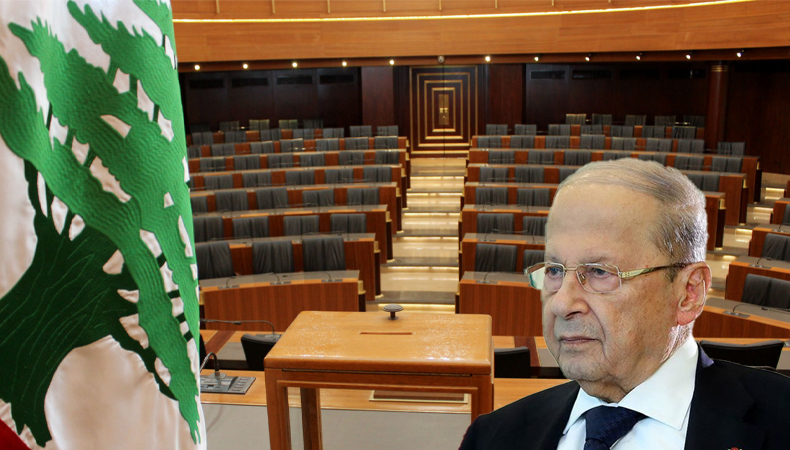Will Lebanon Have A Stable Government Ever?

Situation of governance in Lebanon isn’t getting any better. There is no government and soon there will be a situation of a ‘no president’. Where does the future of the country really stand?
Absence of a government is due to a divided Parliament, with the country’s confessional power sharing system out to hinder a new head of state’s election. Before Lebanon’s current president Michel Aoun calls it a day on October 31, he along with PM designate Najib Mikati have reassured the masses that a government formation is on the horizon.
But the fact is, there is no progress to show. Blame has been placed on Lebanon’s sectarian power-sharing system. Even in recent meetings with EU ambassadors, Mr. Aoun had reaffirmed his commitment to forming a government that would assume presidential powers in the event of a vacancy.
But that does really solve the problem of a weak government. The problem lies in not only getting the government formed but also in the religious background of the top leadership. By political convention, the president must be a Maronite Christian, the prime minister a Sunni Muslim and the Parliament Speaker a Shiite Muslim. Meanwhile, the Parliament must contain a 50/50 ratio of Muslims and Christians.
Read | Lebanon Gets IMF Mission To Analyse Slow Progress On Borrowing Agreement
Historically, electing a president has often been a drawn-out affair — as attests the presidency of Mr Aoun, who became head of state following a prolonged presidential vacuum of two-and-a-half years.
The present government went into caretaker status four months ago following the May 15 parliamentary elections. Mr Mikati was once again designated as prime minister to form a new government, but has until now failed to reach an agreement with the president over its make-up.
Despite on-and-off speculation over the past four months that a new government is on the verge of formation, recent meetings before the two have appeared tense. The prospect of a government before the end of President Aoun’s tenure seems unlikely, despite assurances from both leaders.




